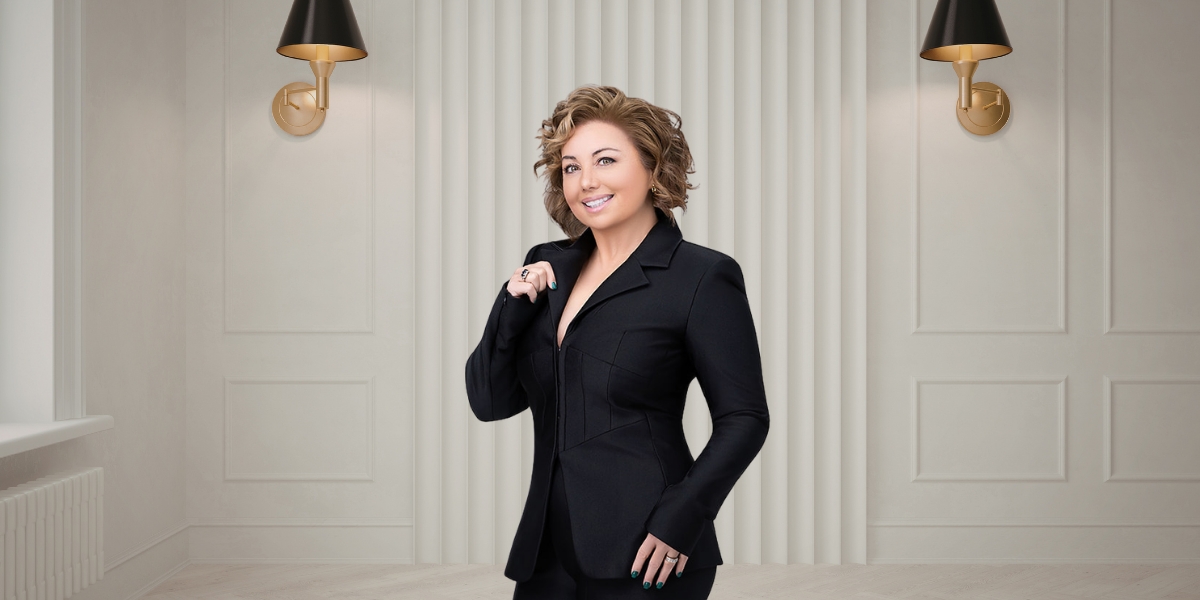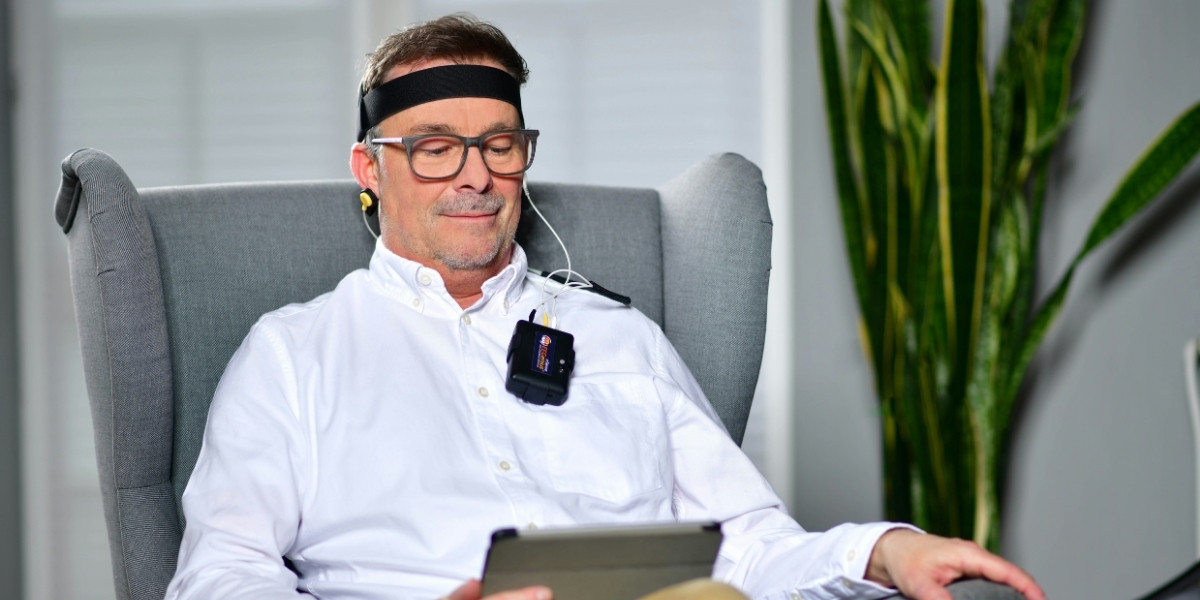By Jennifer Martin
Ann Russo, professional author, mental health advocate, and founder of AMR Therapy, recently joined host Zachary Randle-Friedman on the Everything & Anything … and a bit gay podcast. With over two decades of experience in the mental health field, Ann is known for her culturally sensitive approach to therapy, particularly in supporting LGBTQ+ individuals and other marginalized groups.
In her conversation with Zach, Ann discusses her unique approach to helping people reconcile their identities, navigate religious influences, and challenge harmful stereotypes.
Supporting Individual Journeys Without Agenda
Ann’s commitment to client-centered care is evident in how she supports individuals navigating complex intersections of identity and faith. When asked how she helps LGBTQ+ individuals who decide they no longer want to be part of the community, Ann was unequivocal: she never forces anyone to do anything.
“I explore what that [wanting to leave the community] means to them,” Ann explains. “In time, their perspective may change as we talk and explore more things. Or it may not. But it’s not my job to force one outcome over the other.” Instead, her approach is grounded in curiosity and respect. She meets the clients where they are and provides tools to help them on their journeys without pushing her own beliefs or agenda.
This principle extends to her work with clients from all backgrounds — including those with conservative beliefs.
“This is not about what I think or believe,” Ann says. “It’s about working with the individual to help them.”
Challenging Harmful Stereotypes Through Authenticity
Throughout her career, Ann has witnessed how harmful stereotypes about LGBTQ+ individuals can perpetuate fear and misunderstanding.
However, Zach highlights how Ann’s very existence—living openly and “normally” as a queer person—can help dispel these misconceptions.
“There’s this strange belief that being gay is just about sex, drugs, and partying,” Ann agrees. “People don’t necessarily understand that sexual orientation and those behaviors have nothing to do with each other.”
Ann recounts a powerful moment when a friend from her evangelical church visited her and was introduced to Ann’s girlfriend. “She was shocked,” Ann recalls, “because she couldn’t believe I could be gay and live the way I do. But she had no experience with LGBTQ+ people before.”
This interaction underscored the importance of showing up authentically — especially for members of underserved and misunderstood communities.
“By being myself, I’ve been able to challenge stereotypes and shift perspectives,” Ann says.
Navigating Faith and Sexual Orientation
Raised in a queer household, Ann’s curiosity about the relationship between faith and LGBTQ+ identities led her to immerse herself in evangelical Christian spaces as a young adult. Despite their rejection of her identity, Ann approached these environments with empathy and a desire to understand.
“I wasn’t trying to become ‘ex-gay.’ I wanted to understand why they held these perspectives,” she says.
This exploration ultimately informed her work as a psychotherapist, where she helps clients navigate the often fraught intersection of faith and sexuality. Ann describes a client who, while accepting their sexual orientation, struggled with the dogmatic teachings of their church. “Our work was to parse out what is the church, what is the Bible, and what is Christianity as a whole,” Ann explained.
This process helped the client find a more accepting faith community without abandoning their deeply held beliefs.
Ann’s nuanced approach has helped many clients reconcile their faith with their identity. She emphasizes the importance of recognizing the harm caused by internalized homophobia and societal rejection, rather than attributing poor mental health outcomes solely to being LGBTQ+.
“Supportive, loving parents and communities don’t create poor mental health outcomes,” Ann points out. “It’s the outright rejection that does.”
Building Bridges Through Empathy and Education
Ann’s dedication to fostering understanding extends beyond therapy.
Her training programs for mental health providers focus on addressing biases and equipping practitioners to work with marginalized populations, including LGBTQ+ individuals and those in non-monogamous relationships. As Ann puts it, mental health “has to catch up with where people actually are.”
In fact, one of Ann’s favorite parts of her work is engaging with individuals who hold conservative beliefs.
“People often assume I’ll fight with them, but that’s not my approach,” she says lightly. “I show up as myself and have open, honest conversations.”
Ann believes that education and empathy are key to changing hearts and minds. She recounts an interaction with a parent who initially feared her son’s identity as a gay man would lead to poor mental health outcomes. Through conversation, Ann helped the parent understand that rejection—not sexual orientation—was the root cause of these issues.
A Legacy of Advocacy and Authenticity
Ann Russo’s journey is a testament to the power of authenticity and empathy in creating change. Whether through therapy, training, or simply living her life, she continues to challenge harmful narratives and advocate for marginalized communities. As Zach noted, Ann’s work has undoubtedly made a profound impact on countless lives, even if she doesn’t always stop to give herself credit.
“I’m not fighting or arguing—I’m just existing,” Ann insists. “And I’ve found that has been really helpful, both in my professional life and personal life.”
With her dedication to fostering understanding and creating safe spaces, Ann remains a vital voice in the mental health and LGBTQ+ advocacy communities. Her work serves as an inspiring reminder that change often begins with empathy and a willingness to truly listen.
You can listen to Ann’s full episode on the podcast here. Feel free to reach out to her via the links on her website or click here to subscribe to her newsletter.
Published by Mark V.






